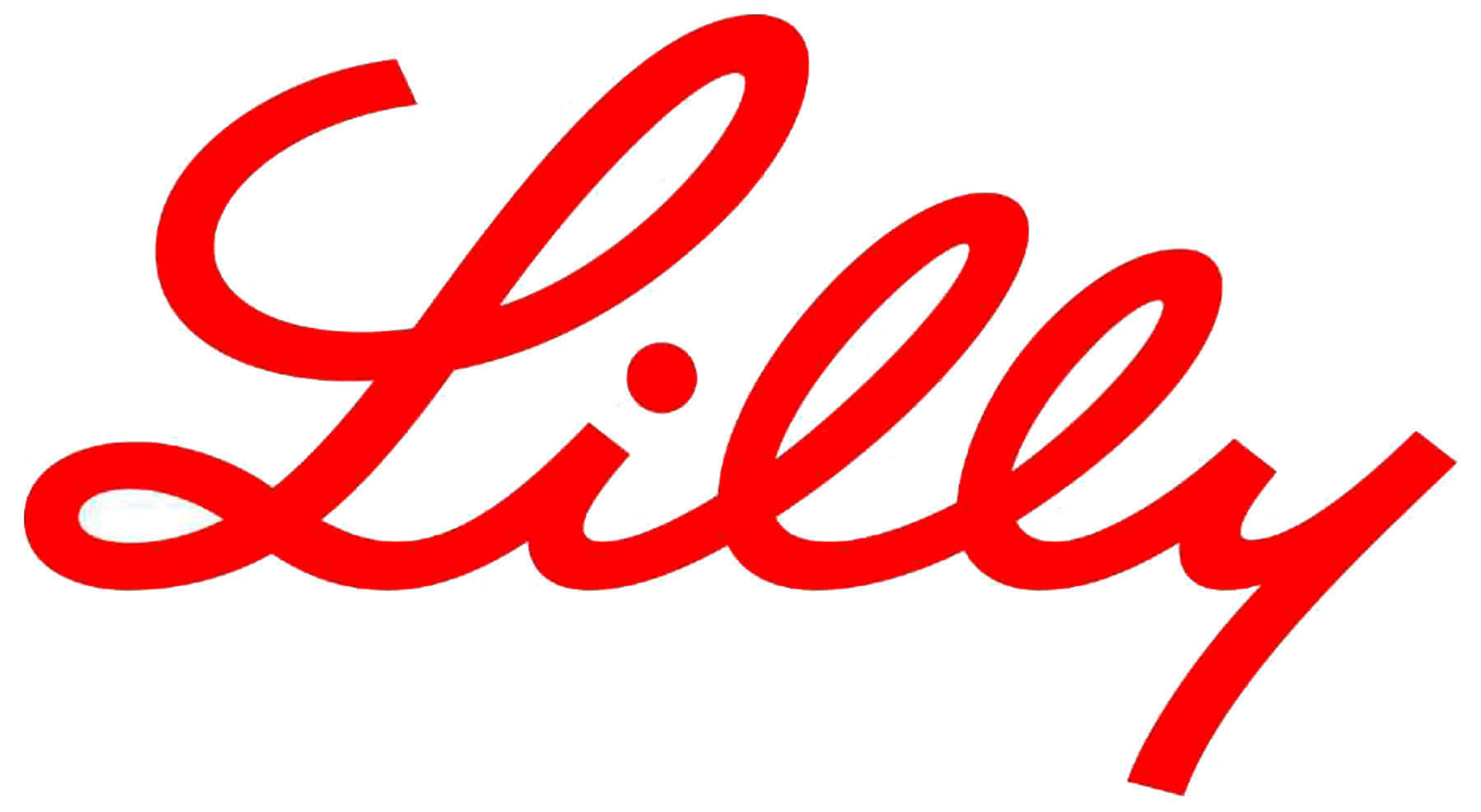Second trial opens door for Lilly's mirikizumab in ulcerative colitis

Eli Lilly has the results it was looking for in a second, confirmatory trial of its anti-IL-23p19 antibody mirikizumab in ulcerative colitis as it waits for the outcome of regulatory reviews in the US and EU.
The results of the LUCENT-2 trial presented today at Digestive Disease Week (DDW) meeting found that among patients with UC who responded to the drug at 12 weeks, 49.9% remained in clinical remission after a year's follow-up compared to 25.1% of those on placebo.
Earlier, results of the LUCENT-1 study showed that 24% of patients treated with mirikizumab were in clinical remission at 12 weeks – meaning inflammation of the colon is controlled or resolved – compared to 13% of the placebo group.
The new post-induction maintenance results also showed that 98% of patients who remained in clinical remission after a year were not taking corticosteroids, which are a go-to therapy UC but are generally only used in short courses for flare-ups, in order to prevent side effects.
In addition, 40% of mirikizumab patients achieved resolution or near resolution of bowel urgency, considered to be one of the most distressing symptoms of UC, said Lilly.
The drug performed better than placebo on clinical, symptomatic, endoscopic and histologic endpoints regardless of previous failure to TNF inhibitors, other biologic therapies or Pfizer's JAK inhibitor Xeljanz (tofacitinib).
Lilly has its hopes pinned on approval of mirikizumab in UC after it decided to abandon development of the drug in psoriasis, saying the market had become too crowded, curbing potential sales of the would-be blockbuster.
The issue facing mirikizumab is that the UC treatment is also getting increasingly populated with new and established therapeutic options.
There is heavyweight competition in the biologics category from the likes of Johnson & Johnson's IL-23 inhibitor Stelara (ustekinumab) as well as AbbVie's TNF inhibitor Humira (adalimumab) and lower-cost biosimilars.
Meanwhile, AbbVie has also filed for approval of its IL-23 inhibitor Skyrizi (risankizumab) in UC, and J&J is following after mirikizumab with its anti-IL-23p19 antibody Tremfya (guselkumab), which is already on the market for psoriasis and psoriatic arthritis and is in late-stage development for UC.
Also emerging are oral therapies including Bristol-Myers Squibb's S1P therapy Zeposia (ozanimod) – with Arena Pharma's etrasimod following closely after in phase 3 – as well as newer JAK inhibitors like AbbVie's Rinvoq (upadacitinib) and BMS' TYK2 inhibitor deucravacitinib.
Lilly filed mirikizumab for UC in the first quarter of this year, and says it is expecting to hear from regulators in the US and EU in 2023. Marketing applications in other countries around the world will also be submitted in the coming months.
It is also running trials in Crohn’s disease, including one pitting mirikizumab against Stelara with first results due later this year.













